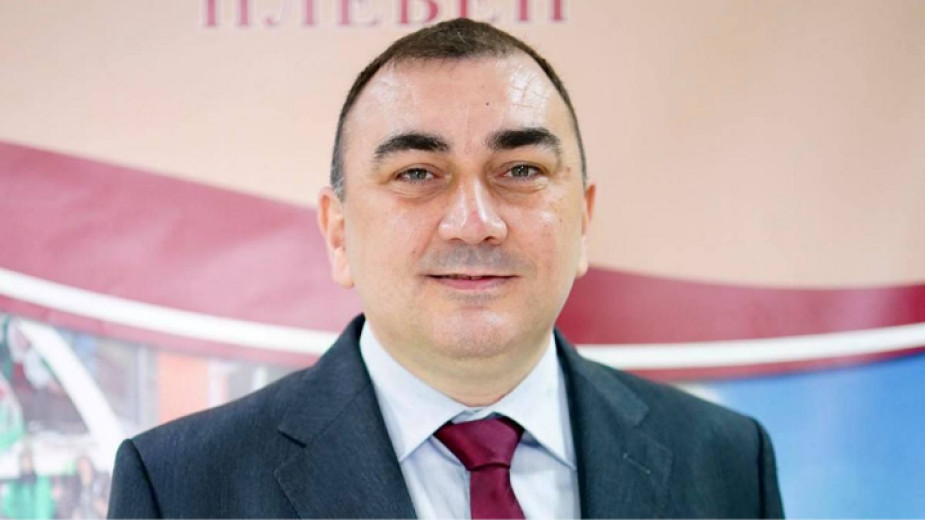More than 500 medical workers leave Bulgaria every year. With the start of the Covid crisis and the strain on the healthcare system, the shortage of medical workers reached a critical point. At this point statistical data are staggering – at medical establishments there is a shortage of 470 doctors and 26,000 nurses! In villages the situation is even worse, with only 20% of the openings for doctors being filled. In 10-15 years the shortage of medical workers will reach breaking point, as now one-third of all doctors are over the age of 50.
According to National Statistical Institute data, the number of general practitioners in the entire country is 4,015, but the number of young people applying to study for “medical specialist in healthcare” has more than halved.
From 635 applicants in 2011, in the space of just ten years the number of applicants has shrunk to 286, Prof. Dobromir Dimitrov, Rector of the Medical University in Pleven said in an interview for the BNR’s Horizont channel, and the main reason for this is:
“The low pay, the bad working conditions, the fact that it is a difficult profession as a whole. The young people applying to university, once they find out what awaits them on the labour market, they change their minds and no longer want to apply in these fields.”

The number of healthcare professionals at the end of last year stood at 45,000, nevertheless the shortage of nurses is a tendency. Professor Dimitrov:
“The nurse-doctor ratio is 0.9 to 1, even though the requirement is for 2 to 1. The state must intervene here to protect the specialties “nurse” and “midwife” so that we can have more applicants, i.e. so that we can make this profession more desirable to the young people applying to university.”
One of the young nurses who are still dedicated to the idea of tending to the sick is Mariela Budina. She obtained her education in Sofia, and is now practicing at one of the hospitals in the capital city.
“I chose this profession because I want to help people and I see the gratitude in their eyes. I have spent two years abroad. I was in Great Britain but I decided to come back to Bulgaria. There, you have to wait for months for a check-up or a procedure, in Bulgaria that is not so.”
At the beginning of the month the Ministry of Health proposed to the Ministry of Education that the profession of “nurse” be declared protected. According to the definition in the Vocational Education and Training Act, a protected profession is “a profession which is important for the economic development of the respective sphere and in respect whereof there is a proven need of qualified specialists on the labour market”.
Interviews by Horizont channel, BNR
Editing by Yoan Kolev
Photos: BGNES and libraryIn Bulgaria, 71 per cent of 15-year-olds expect to graduate from university and 45 per cent expect to have a managerial or professional position by the time they are 30. Both expectations are below the survey average compared to other countries..
Exactly in one month - on May 26th at 11:00 am in the capital of Denmark - Copenhagen, the 10th anniversary edition of "The Biggest Bulgarian Horo" will take place. The event is organised by the folk dance group "Dilmana". The event will once again..
Citizens of North Macedonia elect president on May 8 With 40.08% in comparison to 19.92% of those who voted in the first round of the presidential elections in North Macedonia, VMRO-DPMNE candidate Gordana Siljanovska..
Bulgarian folk dances from the Pirin region and all folklore areas will be performed on 26 and 27 April at the White Stage Event Complex in the mountain..
Citizens of North Macedonia elect president on May 8 With 40.08% in comparison to 19.92% of those who voted in the first..
Exactly in one month - on May 26th at 11:00 am in the capital of Denmark - Copenhagen, the 10th anniversary edition of "The Biggest Bulgarian Horo" will..

+359 2 9336 661
